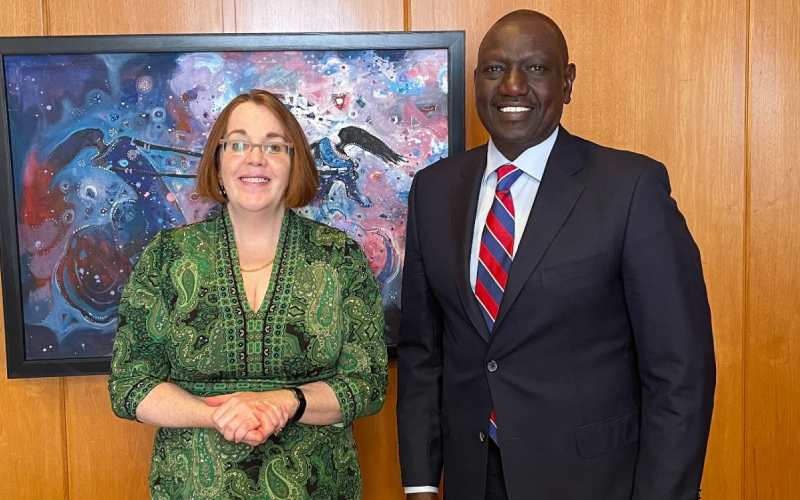×
The Standard e-Paper
Kenya’s Boldest Voice

DP William Ruto’s visit to the White House has kicked up a storm. [DPPS]
Ababu Namwamba, the Head of International Relations of Deputy President William Ruto’s campaign secretariat, finds it laughable that people doubt that they visited the White House. He chuckles as soon as I ask about his White House experience.